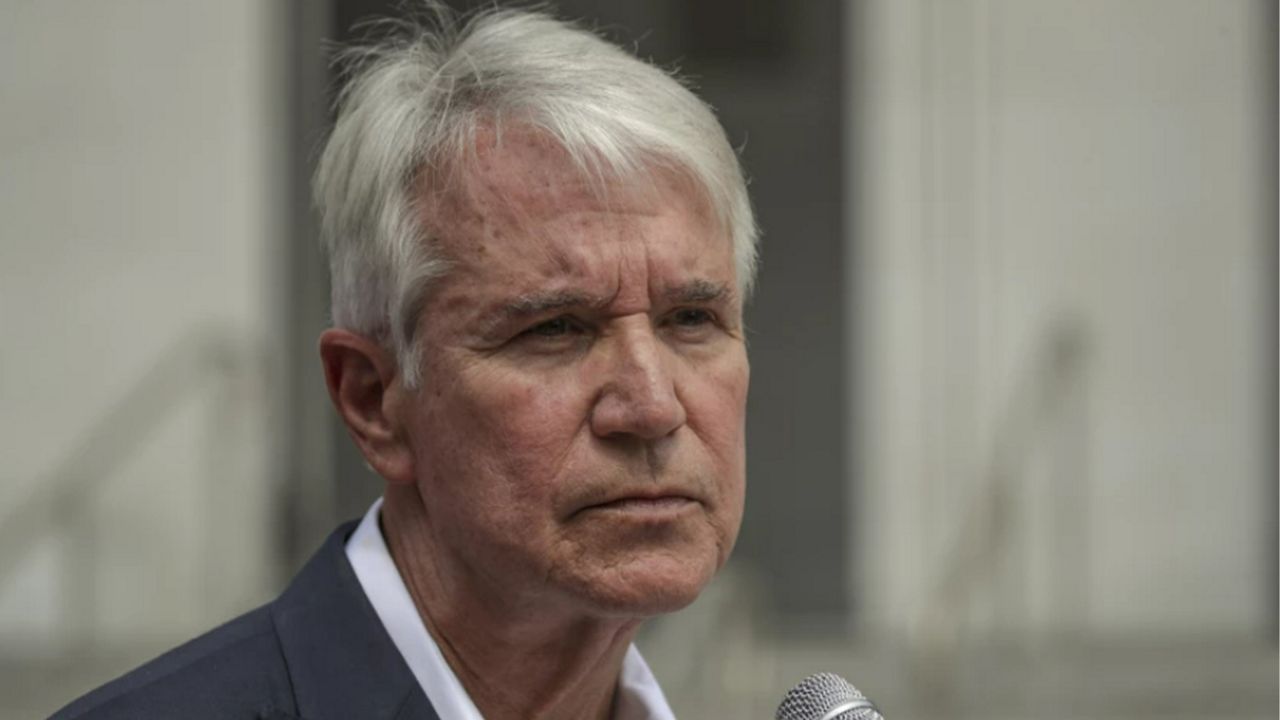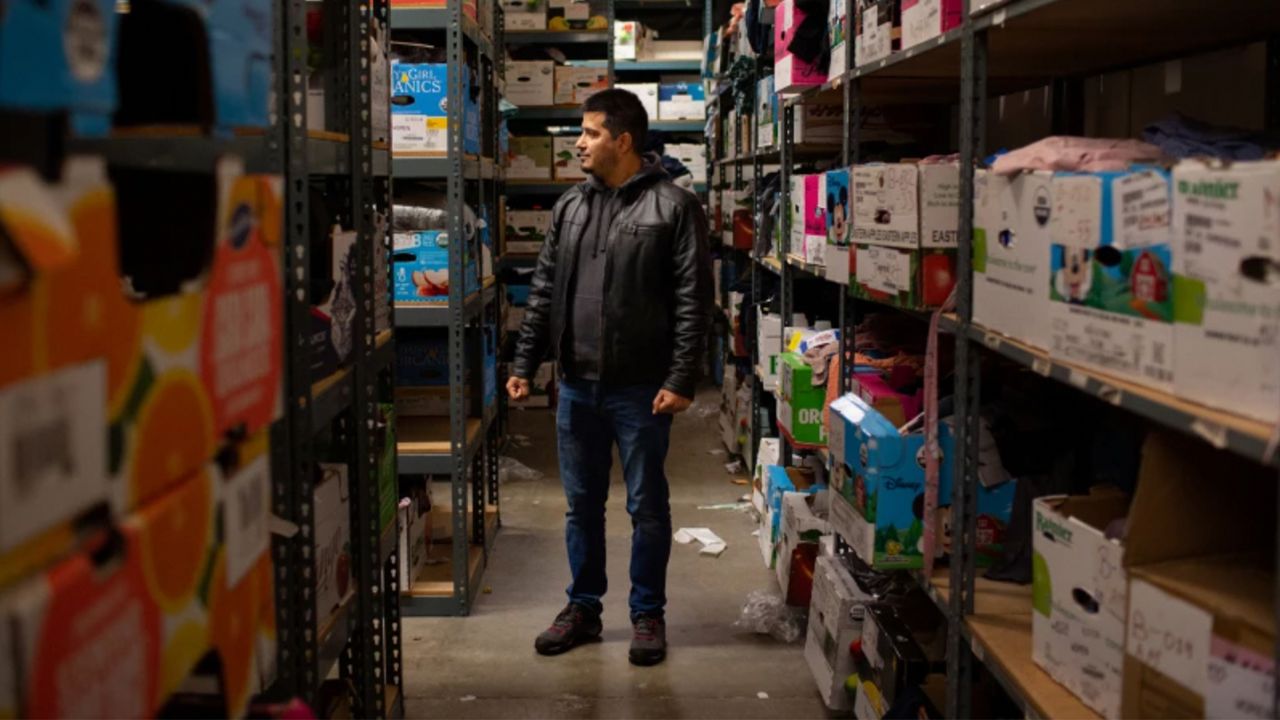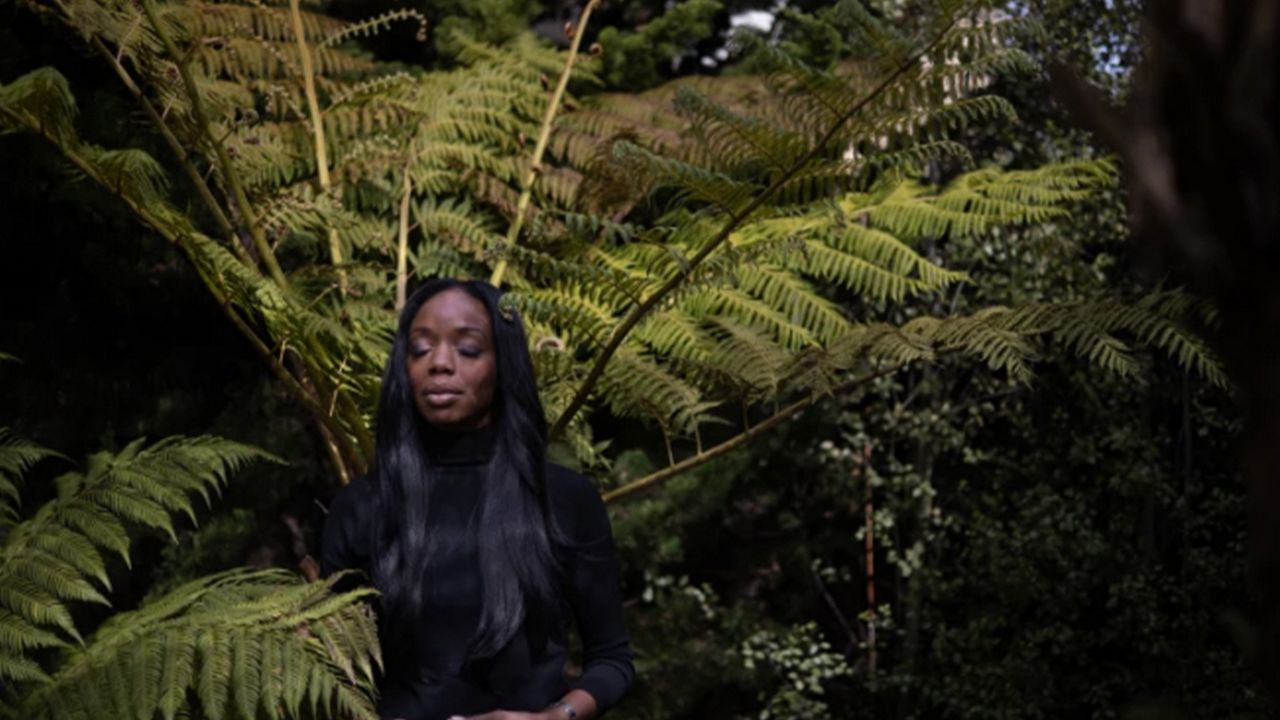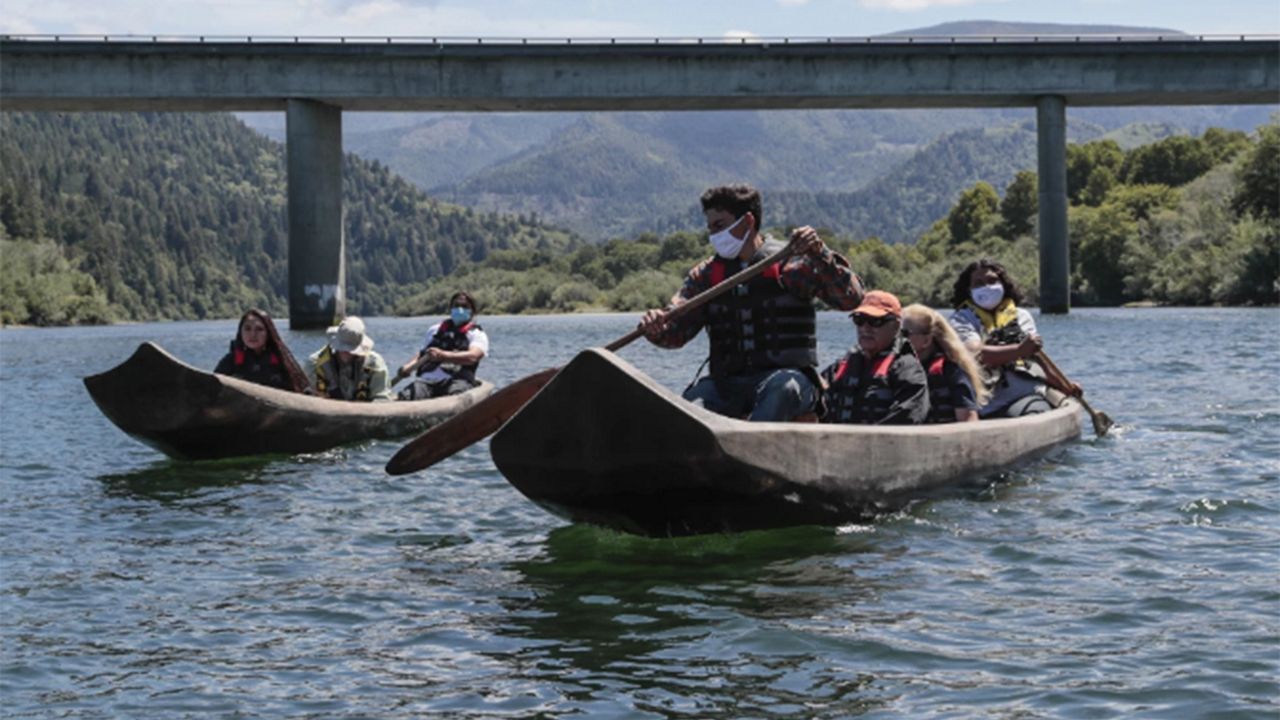It is estimated that 500,000 Muslims live in Southern California and one million in the state. For them, this is the holy month of Ramadan — an annual observance featuring prayer, reflection, community and fasting.
Staff writer Brittny Mejia writes in column one — for most families, the start of each evening as they break their fast is a date. In an interview for "LA Times Today," Mejia joined host Lisa McRee with the details.
In her story, Mejia is referring to dates as the fruit, not a romantic date.
"I had to explain this many times while reporting this story. I did not realize until I started looking at how much significance a date holds, especially in the Muslim community. It is mentioned more than 20 times in the Quran. There are so many references, and there were references to a specific type of date; the Ajwa date is seen as the holiest date, which is why it costs more money."
Pregnant women are urged to consume dates because of their health benefits and religious history.
"In the Quran, the first reference to the date is when Mary—who is pregnant with Jesus—is dealing with the pains of childbirth comes upon the trunk of a palm tree to rest. A voice then tells her to shake the tree, and then dates fall from the tree," Mejia said.
In her story, Mejia spent time with the Felijeh family, who own a date farm in Westmorland.
"It was fascinating going to the date farm, going to the Date Shake store. The Felijeh family's route to date farming was unexpected, but they felt like they had a connection to it and felt like it represented so much to the community that they wanted to start farming and selling dates. They actually invited us to iftar—which is when they were breaking fast—and I asked one of the Felijeh daughters what it was like to fast all day. She told me they wake up pre-sunrise and has come up with a trick where she will have a plate of dates next to her bed and will keep milk in a hydro flask, so she can eat that and go to sleep ahead of the fast."
Mejia also spoke to the Bautista family, who is from the Mexican state of Michoacán. Before migrating to the U.S., they had never seen a date. But soon after arriving at the Coachella Valley, the Bautista family began harvesting the fruit.
"I spent some time with the Bautista family, and their farm is in Mecca, California. The family has learned about Ramadan through their clientele, and they even learned some Arabic words. Even when I was reporting the story, someone had asked for 50 boxes of khadrawi dates, and that was specifically for Ramadan."
Click the arrow above watch the interview.
Watch "LA Times Today" at 7 and 10 p.m. Monday through Friday on Spectrum News 1 and the app.











